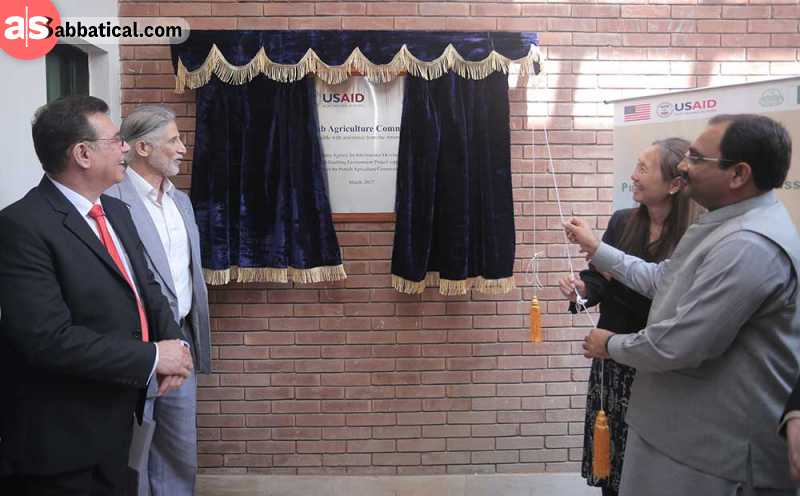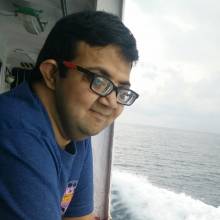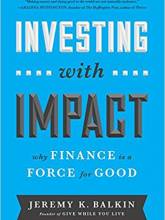End World Hunger: The Man Who Fed The World
If you feel concerned with the rising population and want to do something to end world hunger, you should read about Norman Borlaug.
He was an agricultural scientist from Iowa and played a prominent role in improving agriculture produce. And he did it in an adverse situation when everyone else thought there is not enough food for everyone, and starvation is evident.
The book, The Man Who Fed the World by Leon Hesser, portrays the life of Norman Borlaug and his hunt for world hunger problems and solutions. Leon Hesser himself was a farmer and now, is an agricultural activist. He is a US economist who takes an active part in facilitating programs that show ways to improve agriculture worldwide.
Listen to the summary at Blinkist or listen to the book at Audible.
Devote yourself in fighting hunger

The goal of Borlaug was to end world hunger which resulted in peace among the communities. Even food can be the cause of war, you know?
By finding methods to increase crop yield, he evaded many probable wars. It’s the reason why he got the Noble Prize for Peace in 1970.
They recognized him as the one who devoted his scientist brain, a farmer’s hand and his heart to his goal of fighting hunger. And it is something you also can, with optimism to move towards your life’s goal… and achieve it.
Read more: What's Wrong With Humanitarian Aid?
Borlaug came from a farmer family and knew that only proper education would help him and the others who are in the same situation.
Apart from studies, he helped his family in farming which led him to know the importance of agriculture in everyday life. He committed himself, with his whole heart, in ensuring food security in different parts from Mexico to India
to India . Borlaug believed in hard work, and also took risks.
. Borlaug believed in hard work, and also took risks.
The government needs to cooperate

Along with new farming techniques, Borlaug concentrated his research on increasing the yield of crops from the same piece of land. He is known for bringing the agricultural revolution.
But to bring all the institutions in sync wasn’t an easy task. In India, for example, the farms are disorganized and in small scale.
Without government support and help, no one would have undertaken the new variety of seeds and the improved techniques.
Unless someone understands the importance of agriculture in developing countries, they won’t jump in for support. One person opting for the change though, won’t help much. For a large-scale revolution, you need the whole society. And to have the community by your side, there should be widespread public campaigns and support from the government.
Read more: Economic Possibilities for Our Time and The End of Poverty
He also raised his voice against inefficient bureaucracy and regulations by government. He said that the government needs to back the infrastructure for growth and not hamper it.
Scientists should go back to roots

Borlaug started the green revolution with wheat in Mexico. He worked on high-yielding wheat varieties and encouraged scientists to work at local levels and do own field research.
But he also maintained international connections to spread the best practices and thus, end world hunger.
He believed that to get more yields and also protect the crops from diseases; the scientists need to be in fields. It will help them communicate with the farmers and get a better understanding of the problems. Moreover, with this approach, farmers would connect with the scientists, respect them and will accept their advice readily.
Apart from bringing the scientists to fields, he also taught young ones the job and motivated them. Borlaug took the bottom-up approach, worked at the ground levels, experimented and showed the results to the world.
Instead of discussing his ideas with the government, he showcased his performance, which helped in the implementation of the changes without much of fuss.
Biotechnology to end world hunger

 .
.Although Norman Borlaug was able to stop a disaster and ensure sufficient food supply in most of the parts, it was only the beginning.
In the meantime, he was also studying the reasons why there is poverty in Africa. With the rapid growth of population, areas in sub-Saharan Africa also faced difficulty in managing their food supply.
Unlike India, this area lacks proper irrigation systems and thus, faces droughts at times. To sustain such conditions, he advocated the use of biotechnology. Agricultural research is decreasing with time, but we need more crop yields, and more funds for biotechnology research is required.
Read more: Agricultural Biotechnology in Africa
By having advanced forms of plant breeding, he wanted to develop varieties which could also suffer adverse weather conditions. Thus, apart from an increase in yield, the crops could also resist droughts and heavy rains.
While Borlaug died in 2009, after devoting his entire life to fight mass starvation, there is still a lot more to do to end world hunger.
- The government needs to allocate more funds to agricultural research.
- The farmers should learn about the importance of natural resource management and take in the help from technological advancements.
- There is a need to spread awareness about the importance of agriculture in the national economy, and motivate more people to get in the fields.
To fight the problem of world hunger, we need to follow the steps of Norman Borlaug and get our hands dirty first. It will inspire more people to join hands to make a world which is free from starvation.
















